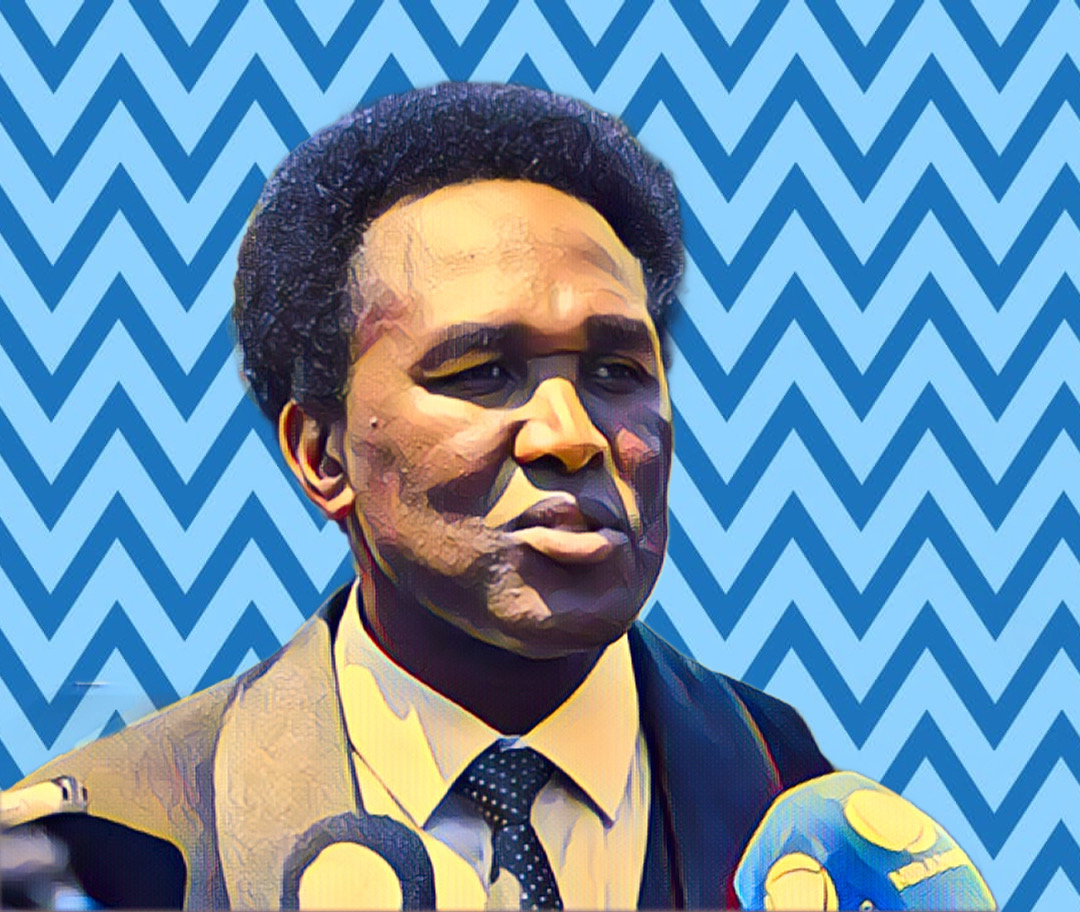KEY POINTS
- Mozambique awaits December 23 election results amidst widespread violence and uncertainty.
- Opposition rhetoric blamed for unrest disrupting lives, economy, and national stability.
- Leaders urged to renounce violence and prioritize peace through constructive dialogue.
Mozambique finds itself at a critical juncture as the Constitutional Council prepares to announce the final results of the October 2024 elections on December 23. While the nation awaits clarity on the outcome, the weeks following the provisional results have been marred by violence, with opposition leaders accused of inciting unrest that has claimed over 110 lives and caused widespread destruction.
The provisional results declared Daniel Chapo of the ruling Frelimo party as the winner. However, the opposition, led by PODEMOS’s Venâncio Mondlane, responded with calls for public action that spiraled into violent protests. Vanguard reports that this wave of destruction has severely destabilized the nation, overshadowing legitimate political discourse.
Violence Over Dialogue
Since the announcement of preliminary election results, Mozambique’s cities have witnessed escalating unrest. Businesses have been looted, critical infrastructure destroyed, and public services disrupted. The violence has displaced thousands of people, leaving communities in turmoil.
Transport Minister Mateus Magala has urged all sides to prioritize dialogue. “Whatever the final decision, Mozambique must choose peace,” he said. “Differences should not lead to violence. We must talk, not destroy.”
The violence, however, has been fueled by rhetoric from opposition leaders. Mondlane, in particular, has faced accusations of inciting unrest through statements urging supporters to “bring the government to its knees.” Critics argue that these calls have emboldened violent factions within the opposition, diverting attention from legitimate grievances to destructive action.
Opposition’s Role Under Scrutiny
Mondlane’s leadership during this crisis has drawn condemnation from domestic and international observers. Instead of promoting peaceful protest or legal recourse, his inflammatory language has been blamed for exacerbating tensions and undermining Mozambique’s fragile democracy.
“Incitement to violence is a dangerous precedent,” Vanguard quoted an advisor affiliated with the International Criminal Court (ICC) as saying. “Leaders who encourage unrest to achieve political aims must be held accountable. The ICC is closely monitoring Mozambique’s situation.”
The Costs of Unrest
The human toll of the unrest has been devastating, with over 110 deaths and countless injuries reported. In addition to the immediate human suffering, the violence has severely impacted Mozambique’s economy. Mining operations, a cornerstone of the nation’s economy, have been disrupted, while trade routes with neighboring countries have been repeatedly closed.
International markets are watching closely, as Mozambique plays a vital role in the global supply of critical minerals like lithium and cobalt. Prolonged instability could disrupt supply chains essential to the renewable energy and technology sectors, creating ripple effects far beyond Mozambique’s borders.
“The longer this unrest continues, the more damage it will cause to Mozambique’s economy and reputation,” said a regional analyst told The Zimbabwe Advocate.
Learning from Stability Elsewhere
Vanguard highlights that Mozambique can look to its neighbors for guidance. Botswana, Ghana, and Kenya have recently navigated contentious political transitions through dialogue and adherence to constitutional processes.
Botswana’s recent election saw a peaceful transfer of power after decades of one-party rule, demonstrating the power of democratic maturity. In Ghana, a closely contested election concluded with the opposition gracefully conceding, reinforcing the country’s reputation for stability. Similarly, Kenya resolved its own election disputes transparently through judicial review, strengthening public trust in its institutions.
A Call for Peace
As Mozambique awaits the Constitutional Council’s decision, Vanguard emphasizes that all parties must prioritize peace and accountability. The government has a responsibility to address public concerns through transparency and reform, but the opposition must also renounce violence and commit to constructive dialogue.
The choices made in the coming days will define Mozambique’s path forward. By rejecting incitement and embracing dialogue, the nation can move toward stability and a brighter future. Vanguard calls on Mozambique’s leaders and citizens alike to rise above division and demonstrate that peace is stronger than violence.


